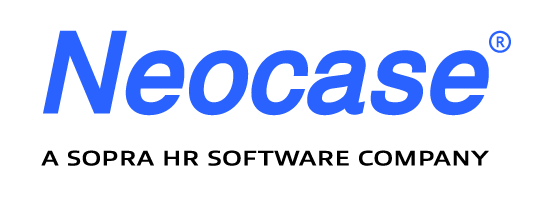We’ve all been there at some point, probably on both sides of the table, being the interviewer or the interviewee.
When you think about it, you realize that you spend more of your waking hours with your colleagues than your spouse, kids or friends. It makes sense to get an idea of the personality of the people you’ll potentially be working with as best you can during the interview process.
Let’s face it, often by the time a candidate is sitting in front of you, it’s a pretty good bet that they can do the job technically – determined through phone screens and other preliminary hiring processes. The question becomes can you work with and manage this person on a personality basis and do they fit in with the organization’s mind set, attitude and goals.
Canned questions like ‘where do you see yourself in five years?’ don’t really convey the sense of the applicant’s personality. Plus, in this age of average job tenures of just 2-3 years – the correct answer is ‘probably at another firm.’ To get a better feel for a person, ask about what they partake in during their leisure time. This will give you a much better idea of what they’re like with insight into their hobbies, passions and interests.
Career search site Monster.com and company review resource Glassdoor.com both have extensive lists featuring a variety of interview questions that help both candidates and interviewers prepare for hiring-process meetings. A section called Behavioral Interview Questions on Monster’s site provides some insightful queries to help dig deeper on individual integrity and personality qualities; asking about topics such as attitude, dealing with criticism, as well as handling difficult colleagues and failure.
Always keep in mind that the interview process is a two-way street. While the company is interviewing candidates – the candidates should also be interviewing the company – both sides should attempt to do their ‘homework’ on one another to try and ensure a good fit. As Joe Konop in a column on Forbes.com titled, ’10 Job Interview Questions You Should Ask’ says, “Many job seekers focus so hard on answering interview questions well, that they forget something very important: You are there to ask questions, too.”

 Microsoft Teams
Microsoft Teams
 Workday
Workday